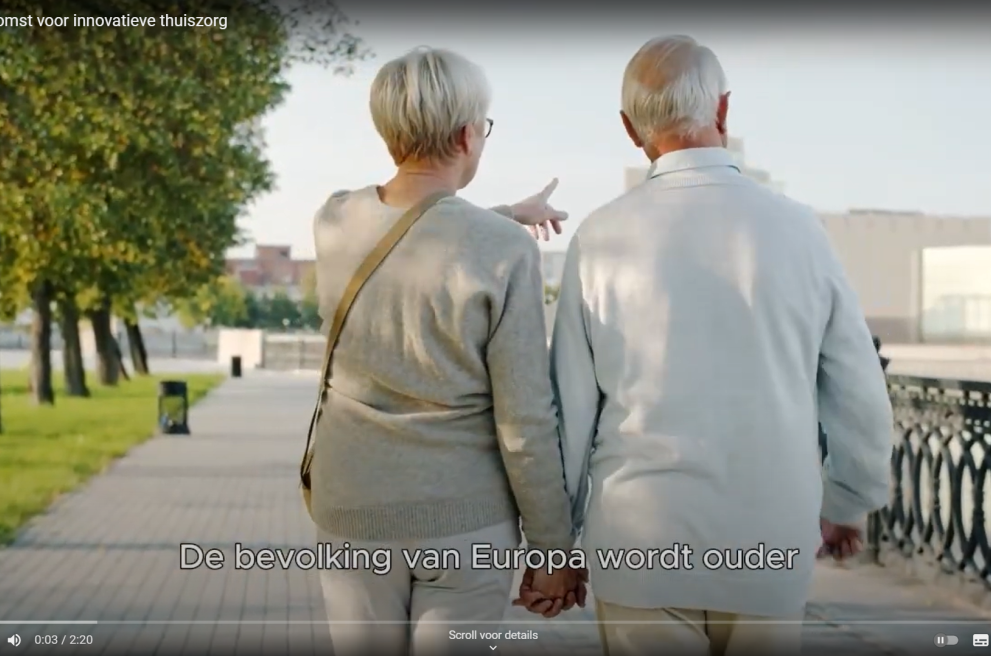


The first external researchers from the Vitalise Transnational Access program are ready to join the LiCalab team. Within the scope of one month, they carry out a study in collaboration with our colleagues.
Through the Transnational Access (TA) Programme, VITALISE project opens up 17 Living Lab Research Infrastructures located in 7 different countries to external researchers from multiple disciplines, so that they conduct their research studies for free. The applicants for Transnational Access may choose to work on their own projects or on one of the main research areas of the project, i.e., (i) Rehabilitation, (ii) Transitional care and (iii) Everyday living environments.
PhD student from Stavanger
Judy Hong Huang is a PhD candidate from Stavanger university in Norway. On March 2nd she exchanges the cold North for a 4-month research stay in Belgium, of which the first month is part of the Vitalise project.
Judy believes including older individuals in the innovation process is important. In Norway, she has organized several workshops with this target group, covering topics such as fire safety at home, early signs of dementia, the use of digital services and future housing. Judy will collaborate closely with our panel managers to develop various research activities.
Chatter glove
The next visitors are a Romanian team led by doctoral student Theodor Grumeza. They developed an exoskeleton called ‘chatter glove’. It makes it possible to convert sign language into spoken or written language. The glove facilitates communication for people with severe speech or hearing problems and promotes their inclusion in our society.
Theodor and his team will first program the glove in Antwerp sign language and consequently test it out in discussions on various topics. The glove facilitates communication for people with severe speech or hearing problems and promotes their inclusion in our society.
Dynaback smart shirt
A third team from Bulgaria consists of CEO Sabri Mahdaoui and his co-worker Assen Tchorbadjieff. They developed the Dynaback smart shirt that has integrated sensors for motion caption. The purpose of this smart garment is to promote ergonomics both in the workplace and at home. Improved ergonomics are, after all, linked to reduced stress, fewer injuries and a reduction in work absence due to musculoskeletal complaints.
In this study, Sabri and Assen will compare the results of the dynback shirt with the results of validated measuring equipment from the Thomas More Motion lab, lead by our colleagues from the Mobilab&Care research group.